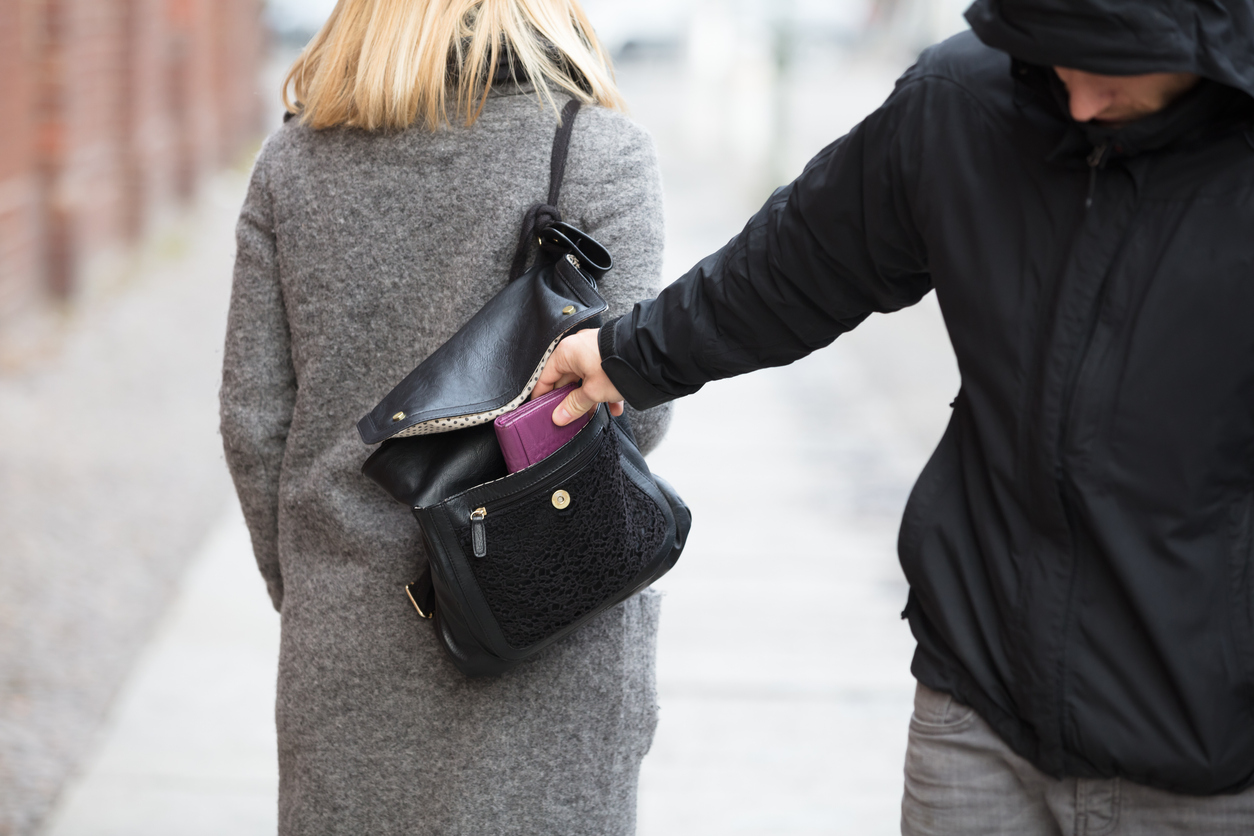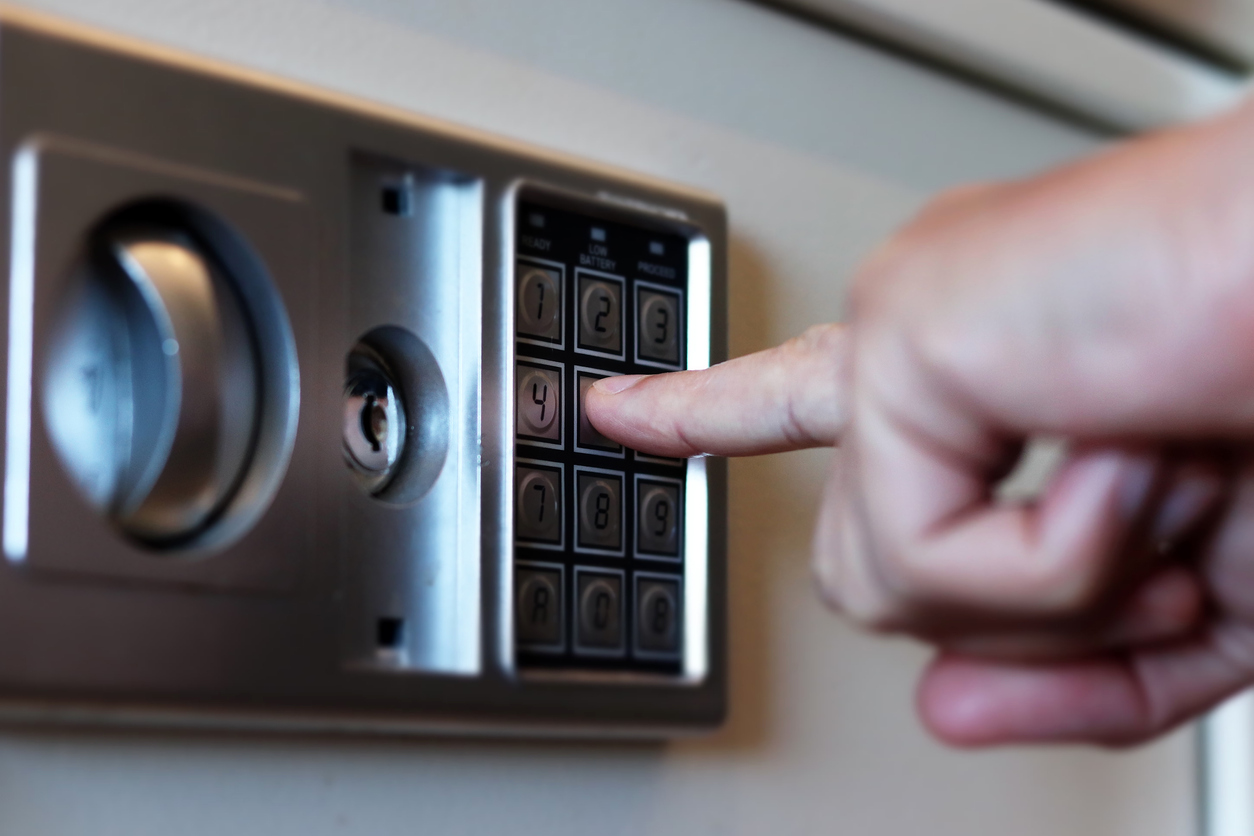It’s not uncommon for many of us to use debit and credit cards for most of our day-to-day transactions. However, when making plans to travel out of the country, is cash still the best option?
Read on as we provide 10 tips for travelling with cash that are convenient and will help keep you safe.
1. Contact your bank before travelling
Even if you are just leaving the country or province for just a few days, it’s best to connect with your bank and let them know. Your financial institution may alert you that it’s no longer necessary to do so, which is becoming the norm, but it’s always a good idea to cover your bases just in case. This way, you can rest assured that you’ll be able to withdraw local currency when you need it. Banks can flag international use of bank cards and credit cards as fraudulent – which can result in your account being frozen.
Expert Tip: If you happen to use a 5 or 6 digit PIN, it's recommended that you switch to a 4 digit PIN on your credit and debit cards before you travel. Many international ATMs do not accept 5 or 6 digits PINs.
2. Ditch the traveller’s cheques
Traveller’s cheques used to be the safest way to travel with cash. In recent years, the cost of obtaining traveller’s cheques has increased and, frankly, traveller’s cheques are no longer necessary. There are very few places that will accept them, and you will pay high fees for each transaction. Cash and credit cards are the ideal way to pay when you are travelling. Speak with an expert to determine which currency to bring with you. It is not uncommon for travellers to bring US Dollars, as they are widely accepted all over the world. However, this is not the best idea. Converting your native currency into USD usually ends up being expensive and unnecessary. In most cases, the local currency will be your best bet.
3. Don’t keep your wallet in your back pocket or purse

Experienced pickpockets target tourist locations. Be on high alert and follow these tips. Keep cash in places that only you can reach easily, such as front pant pockets or inside jacket pockets. You can also attach your wallet to your belt with a small chain for extra security.
Storing cash and other valuables in handbags and backpacks can also put you at risk of being robbed. While abroad, always make sure that your handbags and backpacks are carried across your body and that they are in view at all times.
4. Wear a travel money belt
Money belts are a very safe place to keep cash, cards, and passports. They are secure and discreet — which can help put your mind at ease, so you can enjoy sightseeing. Money belts are an affordable and practical investment that we highly recommend for every traveller. The Modern Tourist is a great locally owned and operated business you can also check out for all your travel and luggage needs.
5. Travel with large bills
Travelling with bills in larger denominations will take up less room than coins and cards. This way, you’ll also be able to hold more cash in your money belt and avoid using a purse or your back pockets.
Another bonus is that paper bills won’t set off metal detectors at the airport like coins can. Although it’s a good idea to bring a few coins for small purchases or parking metres, in many cases credit cards will do the trick.
6. Not all hotel rooms are safe

We don’t mention this to intentionally scare you! Most hotel rooms and Airbnb rentals are usually safe, but it’s always best to err on the side of caution.
Our recommendation is to use a safe if one is provided, but to bring as much of your cash with you when you leave your room for the day. We also recommend bringing your passport with you as well.
7. Keep your cash in more than one place
Another way to keep cash and cards safe while abroad is to store them in a few different places. This will ensure that, even if your wallet is stolen, you’ll still have access to another stash that you’ve hidden elsewhere.
Here are a few examples of safe spots to hide your money:
- False bottoms in your suitcase
- Inside pockets of your carry-on bag
- Inside a roll of socks
- Between pages in a book
- Have multiple adults carry cash, instead of one person
8. Always have a credit card as backup
Credit cards are very convenient, especially if your physical cash goes missing or is stolen. However, we don’t recommend relying on a credit card too heavily while travelling. Foreign ATMs often charge exorbitant fees to withdraw money and because exchange rates fluctuate daily, it can be hard to know how much a purchase will actually cost you.
It is wise to have a credit card on-hand while travelling, but try to abstain from using it too much so you aren’t surprised by the charges when you receive your bill.
9. Keep an emergency reserve of cash

Situations can arise that may require emergency funds. In these cases, local currency is usually preferred. Keep a small stash of cash set aside for emergencies only, knock on wood…but if anything happens, you will be glad you did this!
10. Exchange your money early to get the best rate
Plan in advance! If you want to ensure you’re receiving the best rate on your foreign cash, come visit us!
Our experienced team can help you prepare for your upcoming trip. Waiting until you land at your destination to get local cash may cost you a fortune, so plan ahead and get a fair exchange rate by contacting Global Currency in Guelph.
